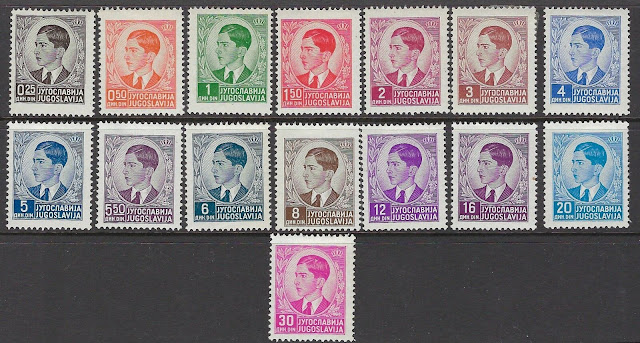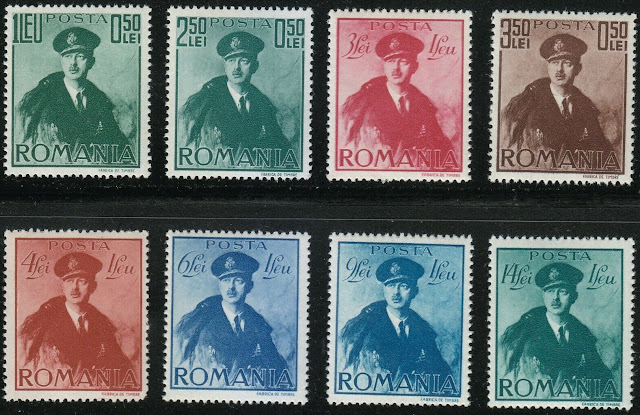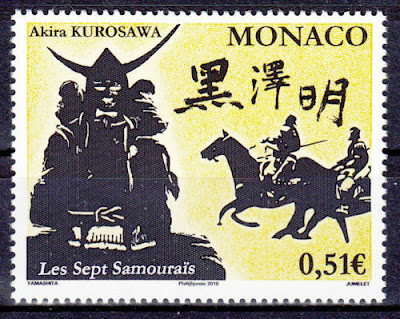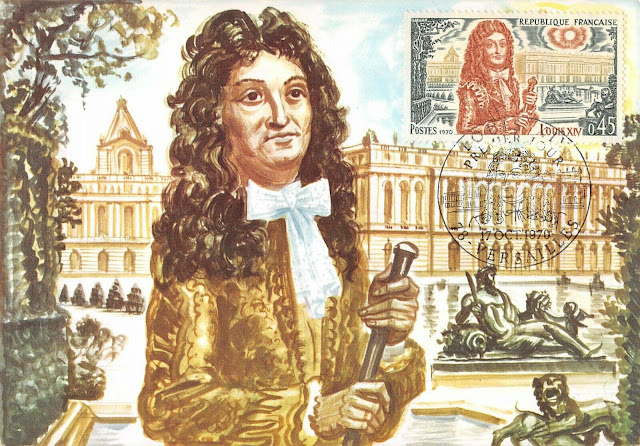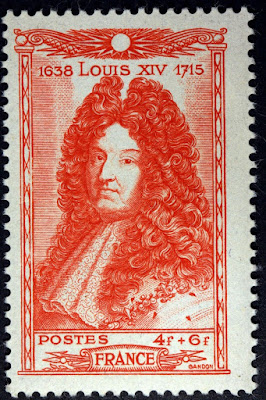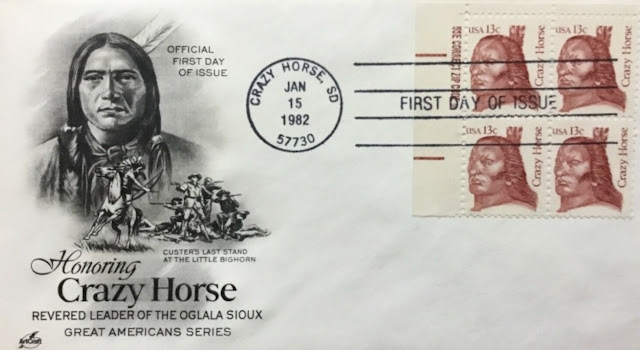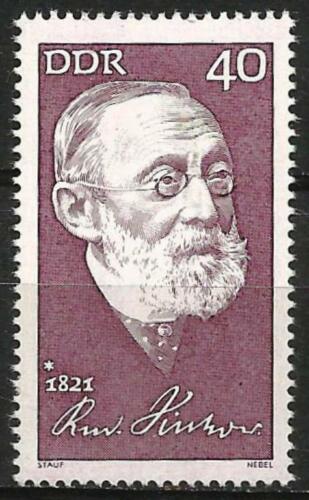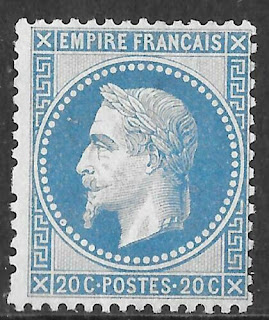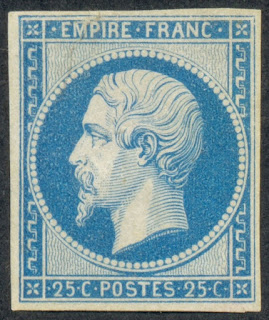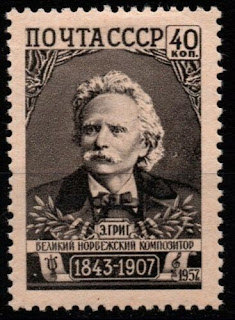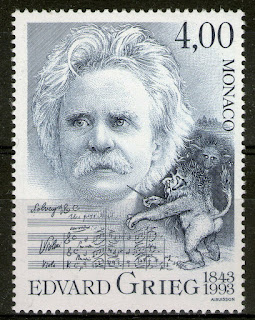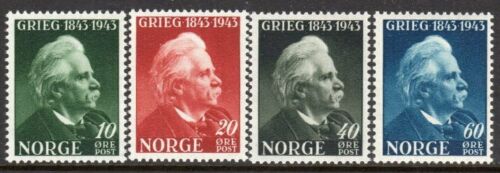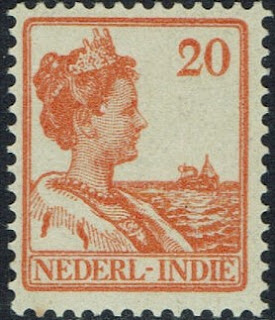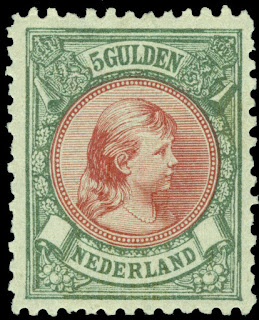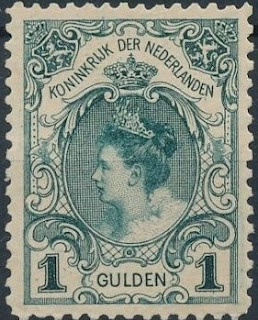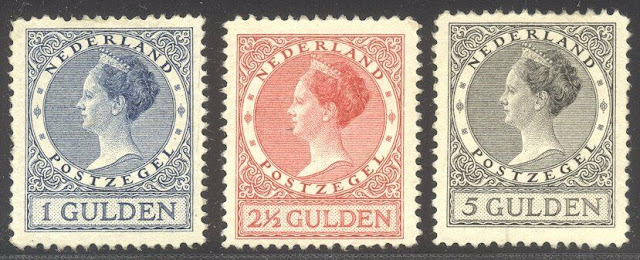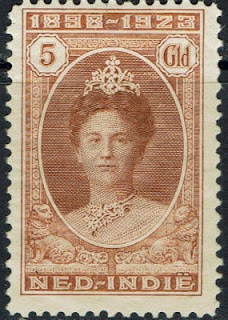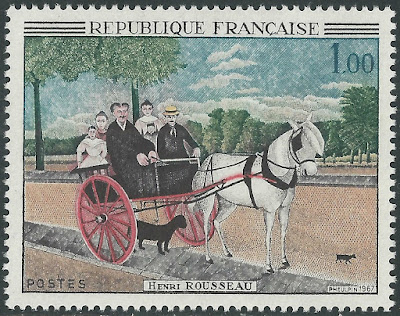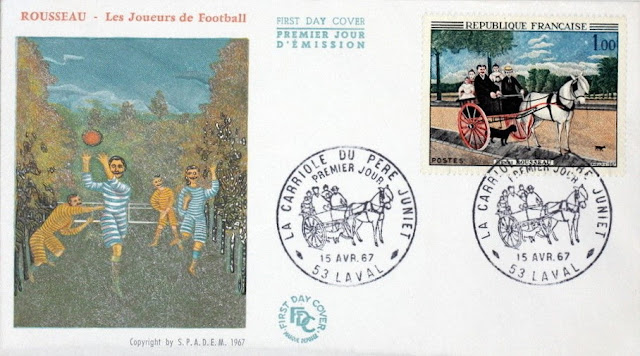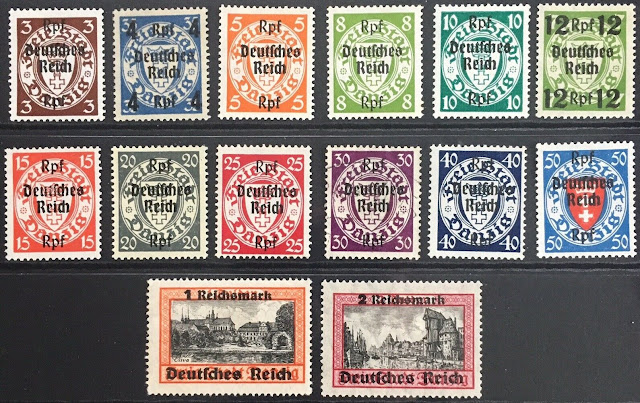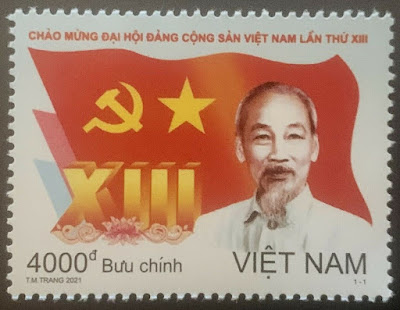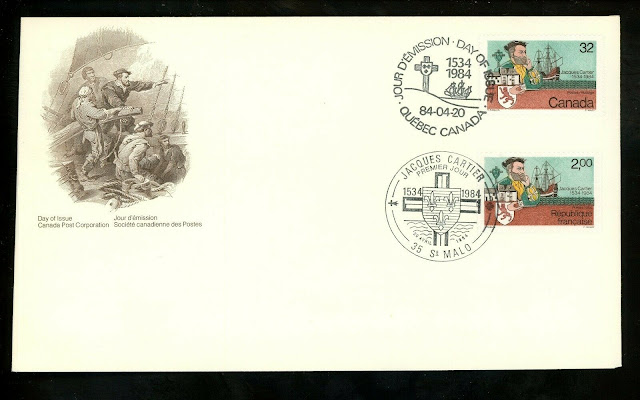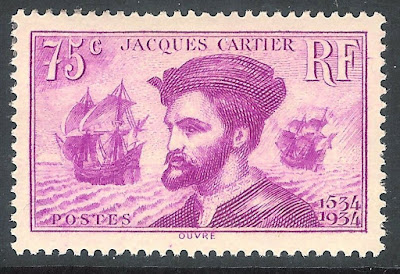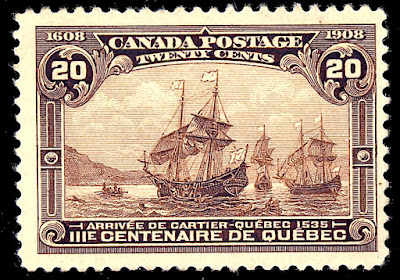1879 Born: Max Schreck, German actor (d. 1936)
Friedrich Gustav Maximilian Schreck (6 September 1879 – 20 February 1936), known professionally as Max Schreck, was a German actor, best known for his lead role as the vampire Count Orlok in the film Nosferatu (1922)
Nosferatu: A Symphony of Horror (German: Nosferatu, eine Symphonie des Grauens), or simply Nosferatu, is a 1922 German Expressionist horror film, directed by F. W. Murnau, starring Max Schreck as the vampire Count Orlok. The film, shot in 1921 and released in 1922, was an unauthorized adaptation of Bram Stoker's Dracula (1897); the Stoker Estate had refused permission. Various names and other details were changed from the novel: for instance, vampire became Nosferatu, and Count Dracula became Count Orlok.
Stoker's heirs sued over the adaptation, and a court ruling ordered that all copies of the film be destroyed. However, a few prints of Nosferatu survived, and the film came to be regarded as an influential masterpiece of cinema.
The film was released in the United States on 3 June 1929, seven years after its original premiere in Germany.
Below are 2 Maxicards issued in Spain commemorating Nosferatu
Born in Paris, Prudhomme originally studied to be an engineer, but turned to philosophy and later to poetry; he declared it as his intention to create scientific poetry for modern times. In character sincere and melancholic, he was linked to the Parnassus school, although, at the same time, his work displays characteristics of its own.
His first collection, Stances et Poèmes ("Stanzas and Poems", 1865), was praised by Sainte-Beuve. It included his most famous poem, Le vase brisé. He published more poetry before the outbreak of the Franco-Prussian War. This war, which he discussed in Impressions de la guerre (1872) and La France (1874), permanently damaged his health.
During his career, Prudhomme gradually shifted from the sentimental style of his first books towards a more personal style which unified the formality of the Parnassus school with his interest in philosophical and scientific subjects. One of his inspirations was clearly Lucretius's De rerum natura, whose first book he translated into verse. His philosophy was expressed in La Justice (1878) and Le Bonheur (1888). The extreme economy of means employed in these poems has, however, usually been judged as compromising their poetical quality without advancing their claims as works of philosophy. He was elected to the Académie française in 1881. Another distinction, Chevalier de la Légion d’honneur, was to follow in 1895.
After, Le Bonheur, Prudhomme turned from poetry to write essays on aesthetics and philosophy. He published two important essays: L'Expression dans les beaux-arts (1884) and Réflexions sur l'art des vers (1892), a series of articles on Blaise Pascal in La Revue des Deux Mondes (1890), and an article on free will (La Psychologie du Libre-Arbitre, 1906) in the Revue de métaphysique et de morale.
At the end of his life, his poor health (which had troubled him ever since 1870) forced him to live almost as a recluse at Châtenay-Malabry, suffering attacks of paralysis while continuing to work on essays. He died suddenly on 6 September 1907, and was buried at Père-Lachaise in Paris.
French stamp and First Day Cover depicting Sully Prudhomme
Peter II (6 September 1923 – 3 November 1970) was the last King of Yugoslavia, reigning from 1934 to 1945. He was the last reigning member of the Karađorđević dynasty which came to prominence in the early 19th century.
Peter II was born on 6 September 1923 in Belgrade, Yugoslavia. He was the eldest son of Alexander I of Yugoslavia and Maria of Romania. His godfather was King George VI of the United Kingdom.
Peter was deposed by Yugoslavia's Communist Constituent Assembly on 29 November 1945 with Yugoslavia proclaimed a republic. After that, he settled in the United States
After many years of suffering from cirrhosis of the liver, he died in Denver, Colorado, on 3 November 1970, after a failed liver transplant. He was interred in Saint Sava Monastery Church at Libertyville, Illinois, the only European monarch so far to have been buried in the United States.
Some Yugoslavian stamps depicting Peter II
1940 – King Carol II of Romania abdicates and is succeeded by his son Michael. General Ion Antonescu becomes the Conducător of Romania.
Carol II (15 October 1893 – 4 April 1953) reigned as King of Romania from 8 June 1930 until his abdication on 6 September 1940.
Carol was the eldest son of Ferdinand I and became crown prince upon the death of his grand-uncle, King Carol I in 1914. He was the first of the Hohenzollern kings of Romania to be born in the country (both of his predecessors were born and grew up in Germany and only came to Romania as adults). Carol, by contrast, spoke Romanian as his first language and was the first member of the Romanian royal family to be raised in the Orthodox faith
At the Second Vienna Award of 30 August 1940, the German Foreign Minister Joachim von Ribbentrop and the Italian Foreign Minister Count Galeazzo Ciano ruled that northern Transylvania was to go to Hungary while southern Transylvania would stay with Romania; a compromise that left both Budapest and Bucharest deeply unhappy with the Vienna award
Hitler-who personally disliked and mistrusted Carol-felt that Romania deserved to be punished for waiting so long to align with the Axis. After the fall of Paris in June 1940, the Germans had captured the archives of the Quai d'Orsay and were thus well-informed about the double-line that Carol had pursued until the spring of 1940. Extracts from the captured French documents were translated into German for Hitler's reading (Hitler knew no other language other than his native German), who was not impressed with Carol's efforts to forge closer ties with France at the same time proclaiming his friendship towards Germany. At the same time, Hitler offered Carol a "guarantee" of the rest of Romania against further territorial losses, which Carol promptly accepted
The acceptance of the Second Vienna Award completely discredited Carol with his people, and in early September 1940 enormous demonstrations broke out all over Romania demanding that Carol abdicate. On 1 September 1940, Sima who had resigned from the government gave a speech calling upon Carol to abdicate, and the Iron Guard began to organize demonstrations all over Romania to press for king's abdication
With public opinion solidly against him and with the Army refusing to obey his orders, Carol was forced to abdicate.
Some Romanian stamps depicting Carol II
1998 Died: Akira Kurosawa, Japanese director, producer, and screenwriter (b. 1910)
Akira Kurosawa (March 23, 1910 – September 6, 1998) was a Japanese film director and screenwriter, who directed 30 films in a career spanning 57 years. He is regarded as one of the most important and influential filmmakers in the history of cinema.
Kurosawa directed approximately one film per year throughout the 1950s and early 1960s, including a number of highly regarded (and often adapted) films, such as Ikiru (1952), Seven Samurai (1954) and Yojimbo (1961). After the 1960s he became much less prolific; even so, his later work—including his final two epics, Kagemusha (1980) and Ran (1985)—continued to win awards, though more often abroad than in Japan.
Below is a stamp from Monaco commemorating Akira Kurosawa and his movie Seven Samurai





